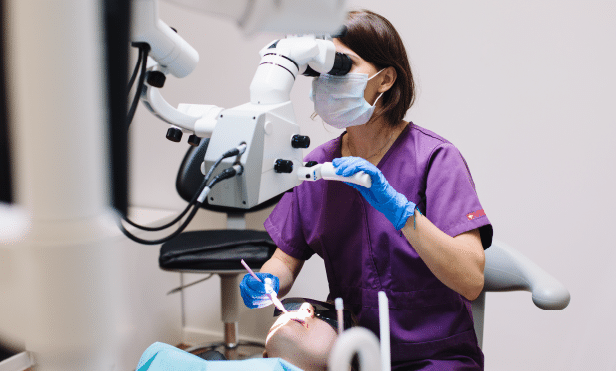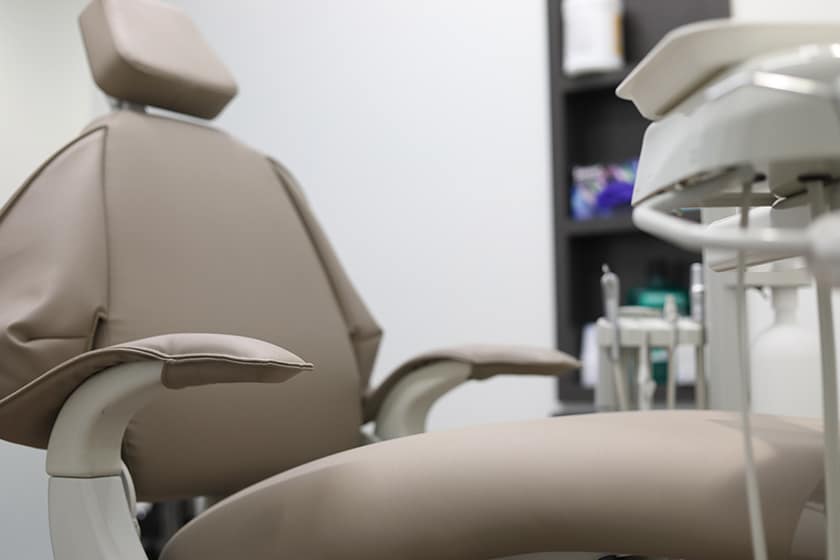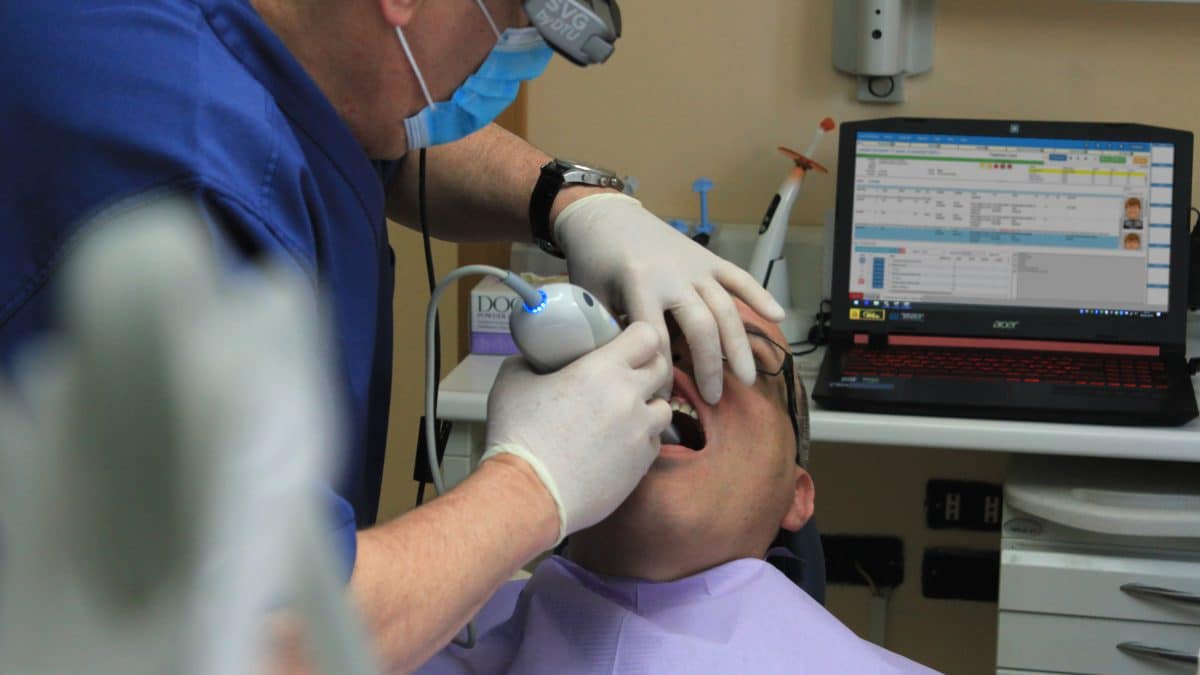Dental Office Names: Best Practices, Tips, & Name Ideas
The importance of a good dental practice name cannot be overlooked. After all, the name of your practice signals what you are, what you do, and is an essential part of your brand. From the types of dental names that are most preferred to how much work goes into branding and marketing, we will provide everything you need to make your final decision on what to name your practice. So without further ado, let’s get started!
Learn More








